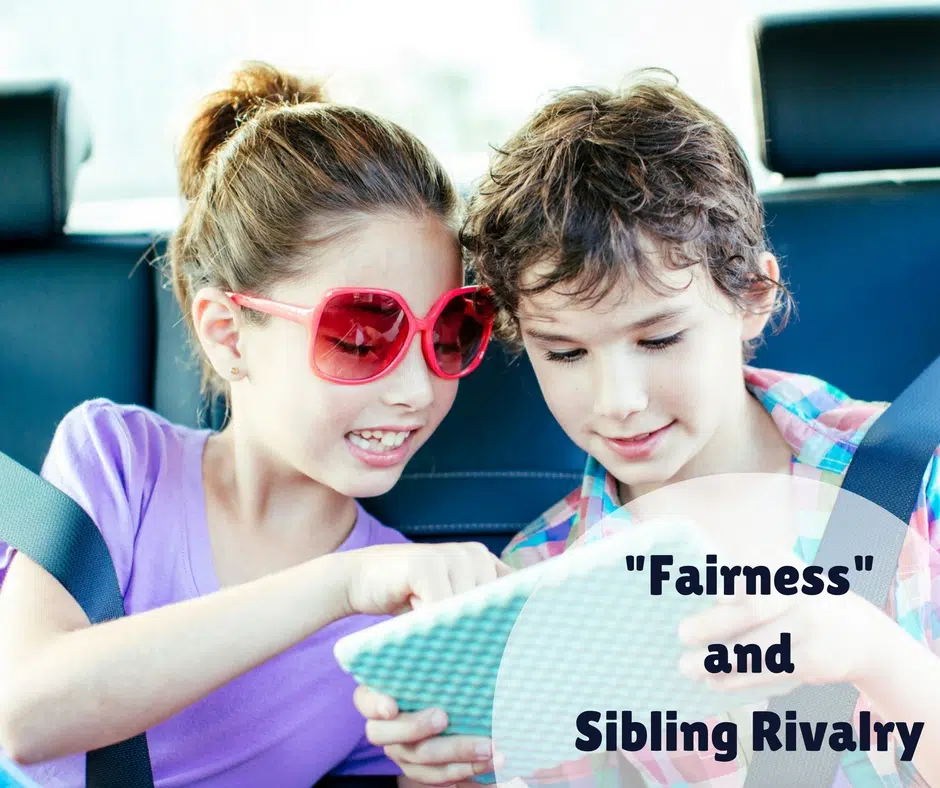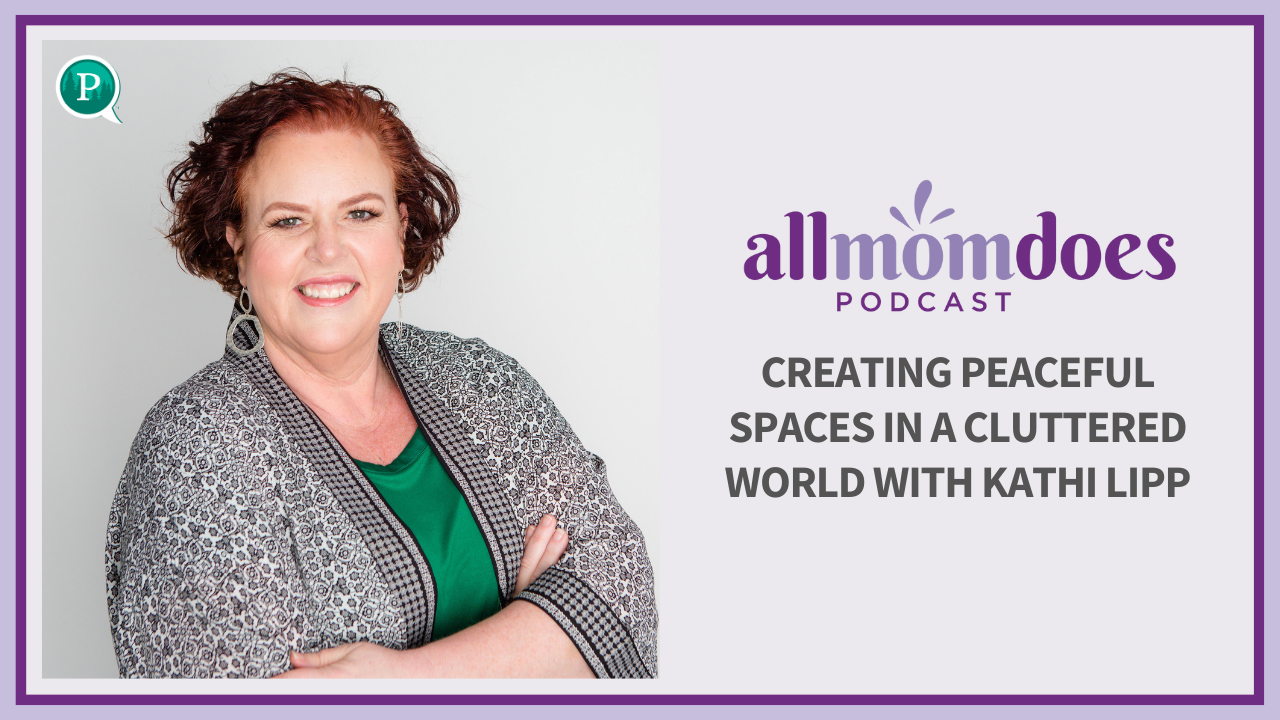We took a look in a previous post at the ages and stages at which my husband Michael and I allow our kids to have certain privileges and liberties.
Which, in a nutshell, depends.
Depends on each kid’s maturity level.
Depends on each kid’s decision-making capacity.
Depends on each kid’s confidence in approaching dating, driving, youth events, trips, makeup, phones, and all other sundry items.
Which brought up this great question from Elaine, a blogger and All Mom Does reader:
I agree with this in theory, but how to you explain to Child #3 that they are not mature enough to do xyz when Child #1 did xyz at that age already? Maybe not age, but there still needs to be some kind of ‘measuring stick’ or desired characteristics for Child #3 to aspire to.
Awesome, awesome question.
One of our big goals in parenting is to, as best we can, create a friendship incubator for our kids. I’m really thankful for the friendships I share with my two brothers. They are two of my best friends, even though we live states apart. We’re on the phone all the time, texting, chatting, laughing. We spend a bulk of our vacation days together. We are a priority for each other. My parents often pondered why we navigate in such strong friendship, given that my mom, as an only child, and my dad, with one older brother, while certainly teaching us the importance of family, didn’t have the same kind of sibling structure that my brothers and I do. There were components and events of our childhoods that I absolutely think played a role in the connection we have.
But there was also this.
My folks really worked hard to make things as ‘fair’ as possible. As in, the kind of crazy adherence to a concept of fair that would drive my mom to individually wrap a battery to put under the Christmas tree if need be to make sure we all had an equitable number of presents. She would budget gifts down to the penny. My mom and dad worked to avoid comparing my brothers and I against each other.
Decades later, I’m so glad.
My brothers and I still had a competitive edge with each other, still wanted to smoke each other in a round of Monopoly and be the first one to the bottom of the hill skiing. But it was a friendly, fun combativeness, not that kind that makes for toxicity.
Sibling rivalry can be the bane of many family relationships. And that rivalry can absolutely find its genesis in a child feeling that a sibling is being elevated, given more attention, more privilege than they have. In Elaine’s question above, she taps into the center of where Michael and I have to be very careful with our more ‘situational privileges’ approach to ages and stages. We in no way want to foster a rivalry about readiness that could lead to a wedge in any of our kids’ relationships with each other or with us. To that end, we are very consistent to communicate to our crew from the get-go that we don’t evaluate each other by the age. All of our kids crawled at different ages. They all walked at different ages. They each began to read at different ages, speak at different ages, gave up the pacifier at different ages. And we reminisce about that, as part of the fabric of what makes each of them unique and special. It’s part of our family vernacular.
When it comes to any of the big threshold items like driving, dating, and what have you, we actively talk about the character traits and habits that open up that privilege for anyone living in our house. Problems with controlling anger? Whelp, until someone has a better handle on that, they won’t have a driver’s license at our house. We’re not going to put someone with a potential for road rage in one of our vehicles. You think you’re ready to get your learner’s permit? Awesome! At our house, you have to call, get all the info, fill out all the forms yourself, schedule drive time with a parent…you have to manage the project beginning to end. That’s an indication that you are prepared for such a responsibility as captaining a vehicle. For some of our kids, this has meant an extended period of time between the desire to get a permit and the actual obtaining of one. We have thresholds of responsible behavior and maturity items that the kids are well aware of. It takes the explaining and justifying and debating out of the equation and replaces it with discernable action steps that are up to the kids to fulfill, at their pace, in their own way.
With younger kids, the process is pretty much the same. Difficulty with keeping a civil tongue in a heated conversation with a sibling? Alrighty. Well, then the movie-watching options are going to be pretty limited because we need to know that our kids won’t emulate sassy or cutting dialog they might see on some films. A desire for a later bedtime? Then they have to show us the ability to not be grumpy throughout the day. The proof is on them.
But it is critical to pay attention to this dynamic: I have some kids who seem to have a greater ease in controlling their tempers. They’re just more easy going. They matured a little faster, mastered some steps earlier. They by temperament seemed to be set up for an earlier win. And then we’ve got some kids who have had to work hard to process anxiety, tempers, stick-to-it-ness. We’ve worked hard, we’re still needing to work harder, on celebrating those wins without comparison. We try to avoid saying, “Well, heavens, by the time your sister was your age, she had already blah blah blah…” That’s not going to do anything for your kids’ relationships other than tank them.
All that said, we have a new lab experiment at work in our home. Of our eight kids, the last two are twins. And let me tell you, it’s far more convenient to match privileges, bedtimes, movie options and all the rest, step for step when parenting twins. At this point, they have pretty much matched each other fairly well in readiness for certain privileges. But it will be interesting to see how it plays out if we find that one of them is ready for a bigger liberty than the other. So, to that end, as much as we celebrate their unique status as twins and their powerful connection, we also chat about with them and laugh about their differences and the interplay of their personalities. We’ll see how it all plays out as they careen toward those preteen years.
Ages and stages with twins? It might just be a completely different blog post.

















